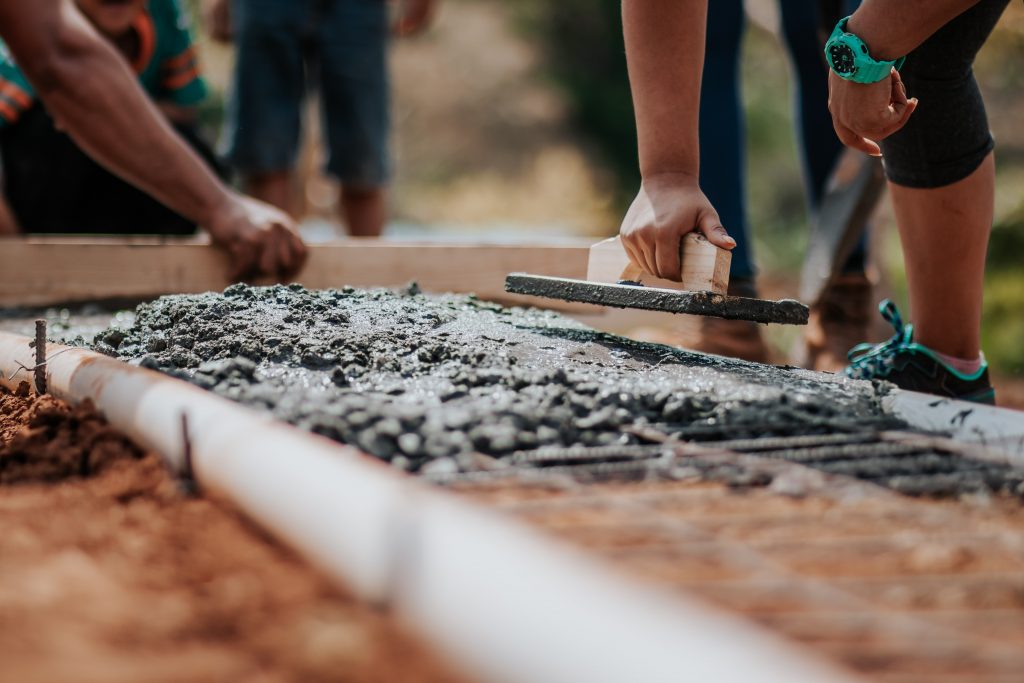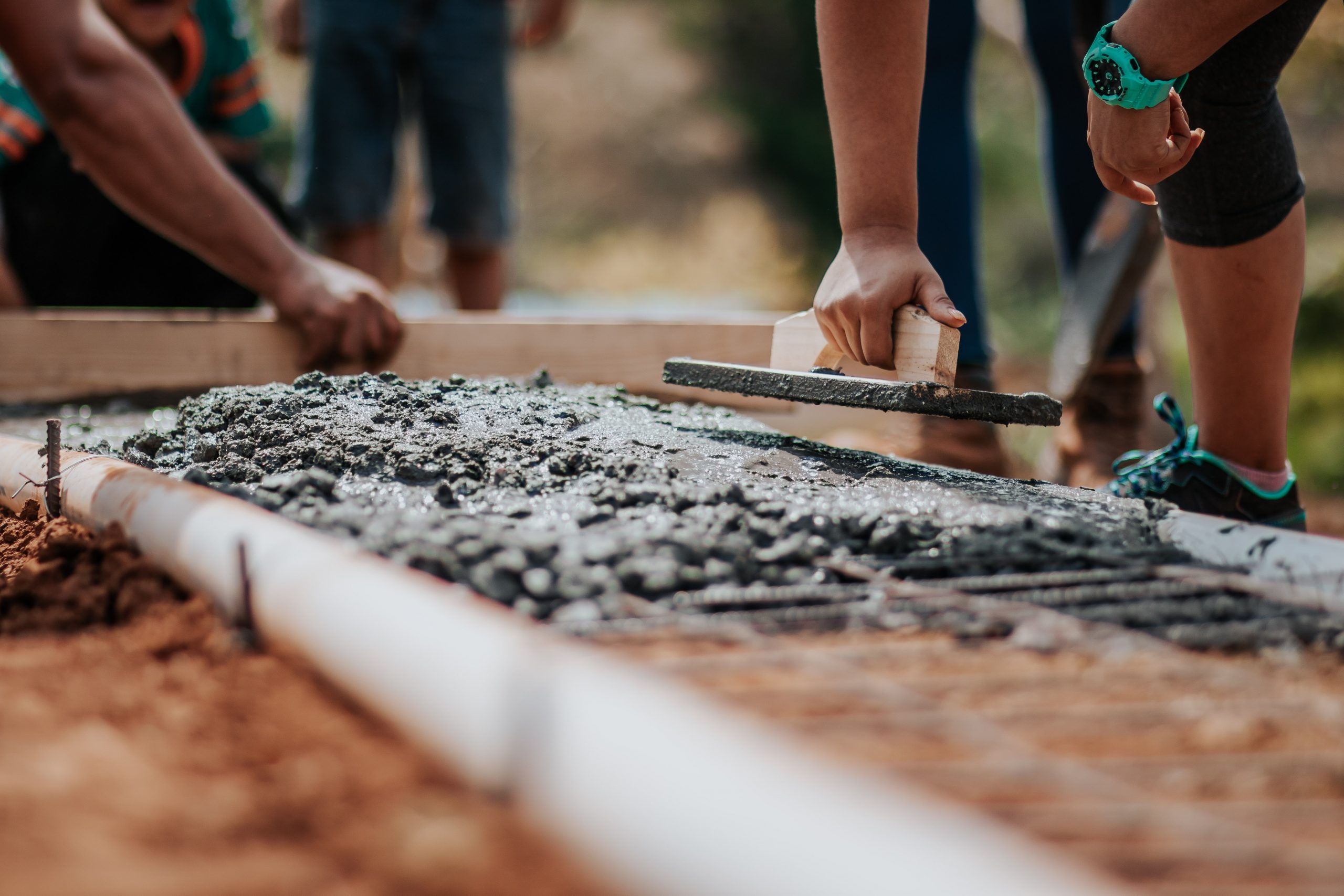I don’t know about you, but after a time of continued disruption over the past couple of years, it’s a relief to feel like a page has recently been turned, and we are beginning to move forward again.
However, whether we realise it or not, the past “Covid” season has left most of us a little battered and bruised. We probably still have a bit of personal debris and emotional wreckage lying around us. Yet God is graciously healing us, and calling us forward. It’s time to stand up and shake off the dust. It’s time to move out of the rubble and begin to rebuild.
Begin with the foundation
The Apostle Paul did a lot of building in his time. He was an apostle who God used to set the foundations for many of the early churches. Here’s what Paul has to say about building the church:
By the grace God has given me, I laid a foundation as a wise builder, and someone else is building on it. But each one should build with care. For no one can lay any foundation other than the one already laid, which is Jesus Christ. If anyone builds on this foundation using gold, silver, costly stones, wood, hay or straw, their work will be shown for what it is, because the Day will bring it to light. It will be revealed with fire, and the fire will test the quality of each person’s work.
1 Corinthians 3:10-13 (NIV)
A building always begins with foundations. And this is where we need to begin as well. As Paul says, the only foundation for the church is the Lord Jesus Christ. If we try and build on any other foundation, we will not be able to stand in the coming days (Luke 6:46-49).
Learning from the Old Testament pattern
There’s a lesson we can take from the Old Testament Jews did when they returned from 70 years of exile in Babylon. The very first thing they did when they returned to Jerusalem was to build the altar (Ezra 3:1) (click HERE for a post on this). When they began to rebuild, they went back to basics. Back to God’s pattern, and back to the first piece of furniture that is encountered on entering the temple grounds – the altar of sacrifice.
Ultimately though, the altar is not so much a pile of stones like the returning exiles built. The altar is a person – it’s the Lord Jesus Christ. He is the altar and the foundation that we lay our lives on as we seek to build what He wants.
Build with care
As we begin the rebuilding work, let’s build with care. Let’s make sure we haven’t got any mixed motives in what we build. We ought to make sure we aren’t trying to rebuild something we want rather than what God wants. And this not only applies in our churches, but also to our individual lives.
This is incredibly challenging, as it means we need to check our motivations, lay down our ideas and our agendas, and seek God’s agenda – right from the very start.
What is built must be of a quality that is appropriate to the foundations. If it is to be built on the Lord Jesus Christ, it has to be of Him. That’s why we have to lay down our own human-centred ideas and ways. Wood, hay and stubble just won’t survive when the tough times come, just like they won’t survive the test of fire. If God’s holy and righteous fire was to suddenly fall on our words and activity, how many of them would be left standing afterwards? That’s quite a challenging thought!
What God is building in our day is glorious and amazing. And it will stand, no matter what comes. As Jesus told His disciples,
I will build My church, and the gates of Hades shall not prevail against it.
Matthew 16:18b (NKJV)





